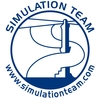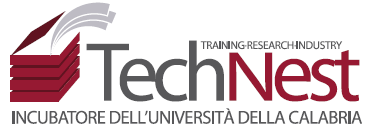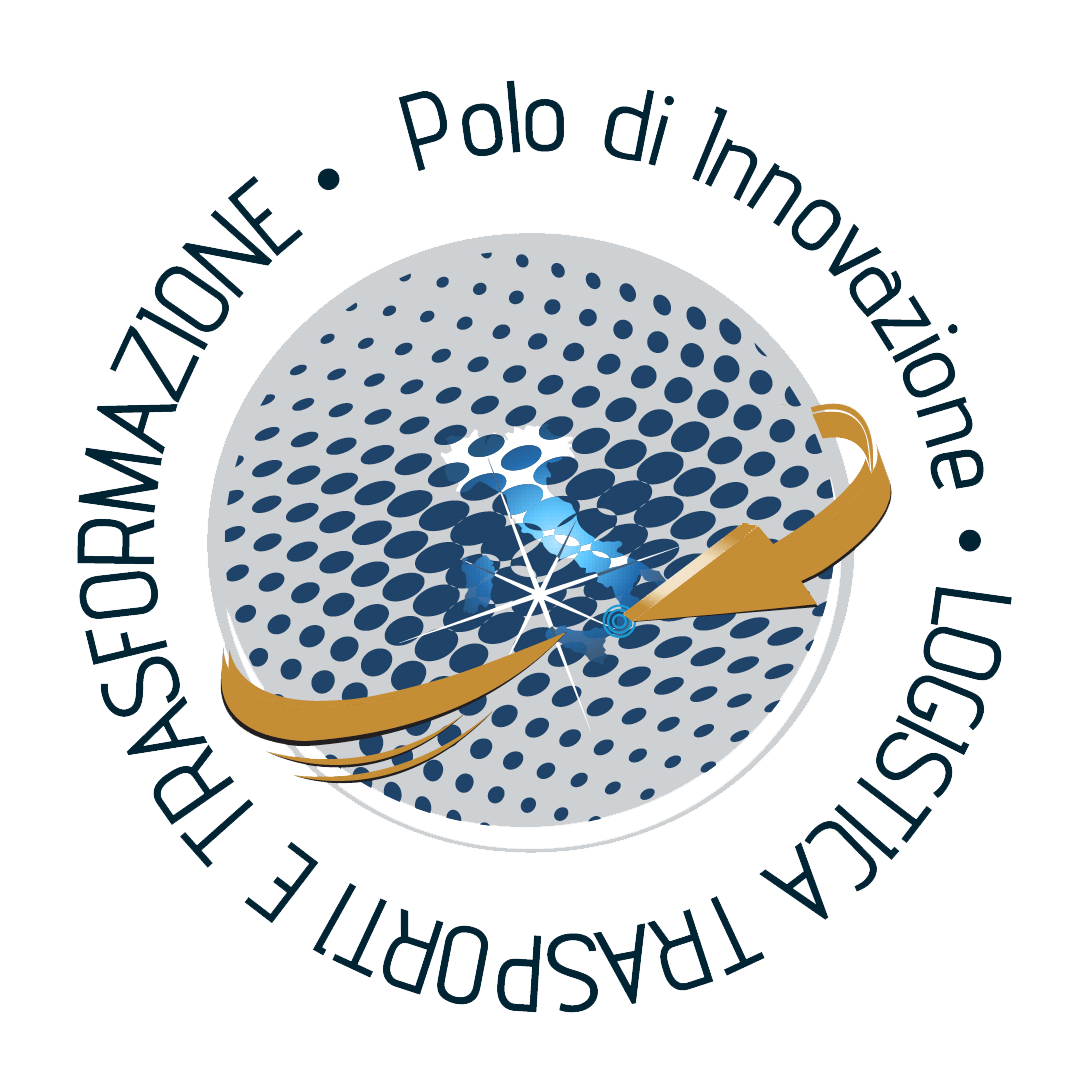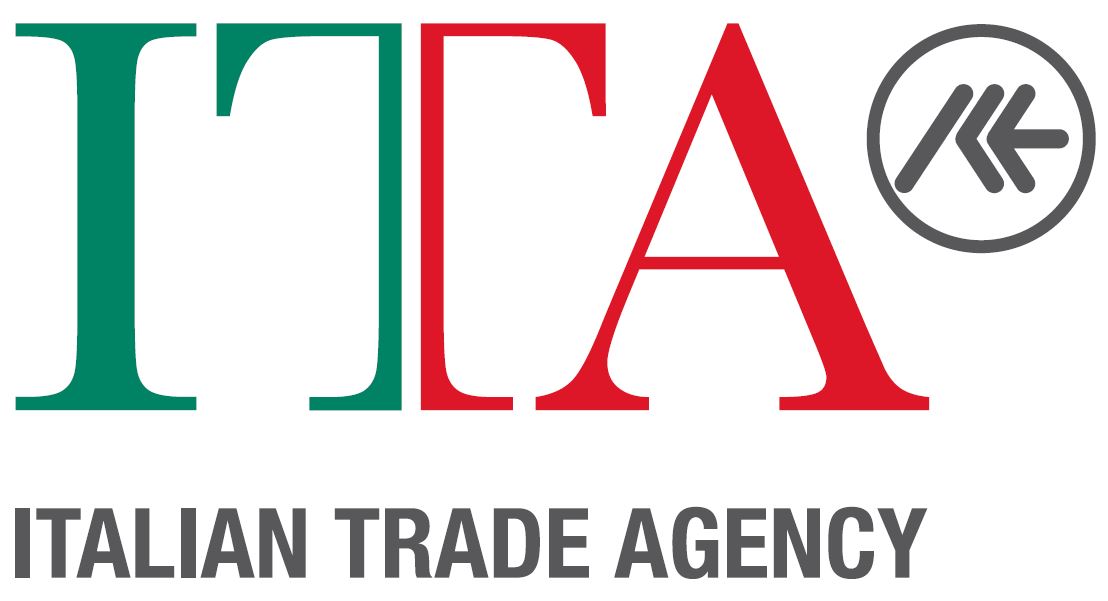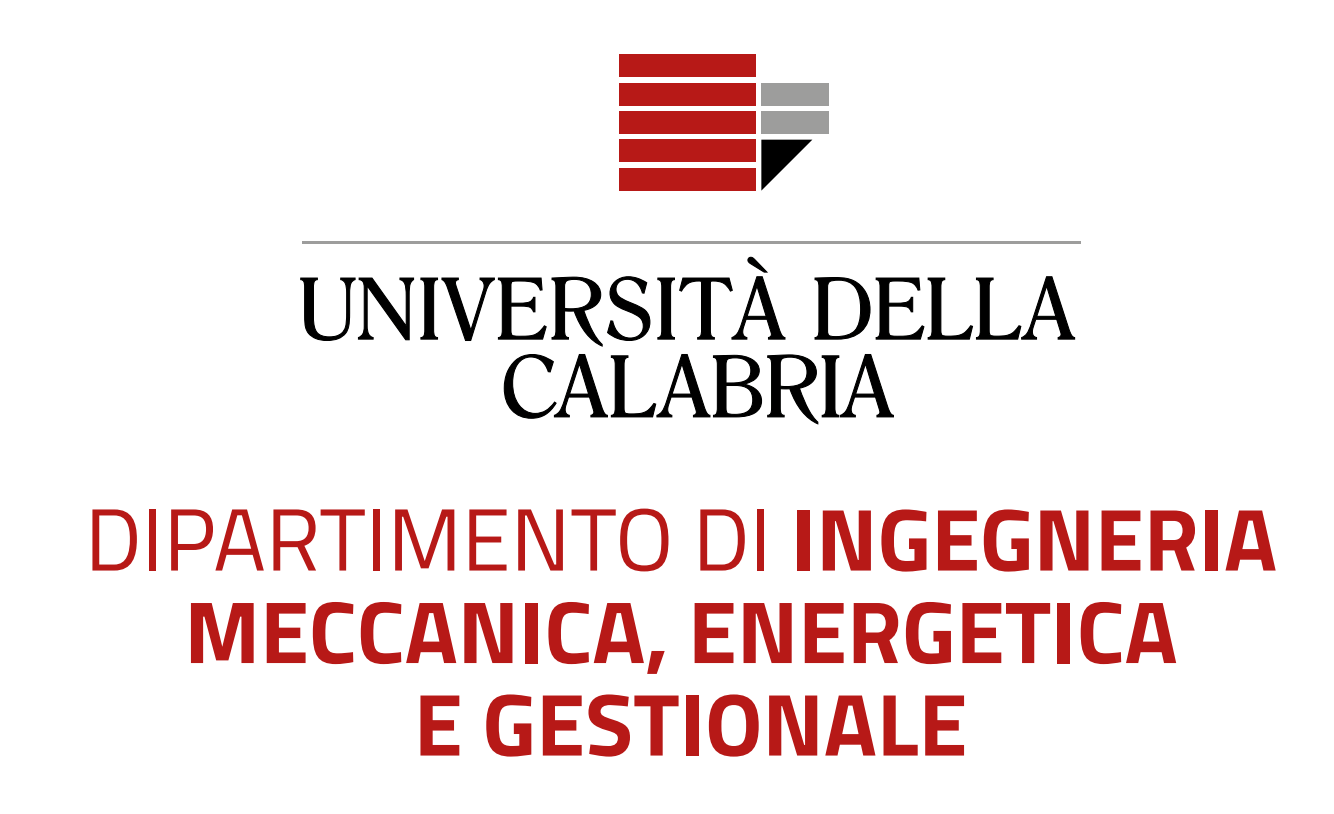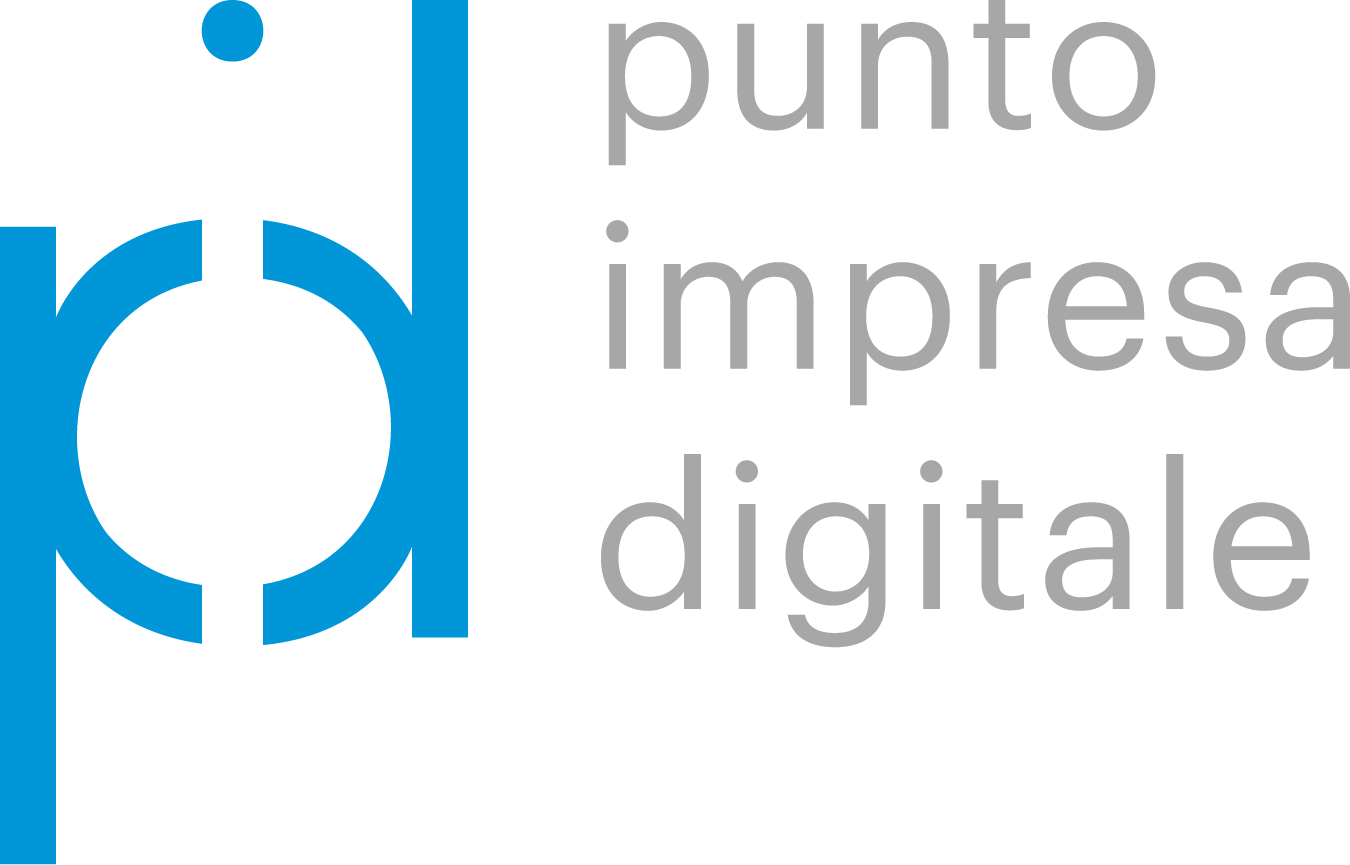ISM 2019 Call For Papers
The digitalization of supply chain:
challenges and opportunities from a managerial perspective
Track Description
In recent years, complexity and requirements in the manufacturing industry have gradually increased (Hofmann and Rüsch, 2017). Among others, factors like demand for highly individualized products, growing international competition, and shortened product life cycles challenge the survival of companies (Galati and Bigliardi, 2017). At the same time, the technological progress characterizing the last years has opened up a range of new business potentials and opportunities (Brad et al., 2017). Concepts like digitalization, internet of things and cyber-physical systems are gaining momentum not only in the manufacturing context but also in other business environments (e.g. Gershwin, 2017; Liao et al., 2017). In 2011, Germany launched the so-called “Industrie 4.0” initiative as part of its technological strategy, presenting the idea of a digitally integrated industry (Bauernhansl et al., 2014). Industry 4.0 encompasses numerous technologies and associated terms, such as Cyber Physical Systems (CPS), Radio Frequency Identification (RFID), Enterprise Resource Planning (ERP), Internet of Things (IoT), cloud-based manufacturing, and social product development.
The term Industry 4.0 has become a key concept in many contexts, ranging from the academic one to modern manufacturing, but still, there are a lot of misinterpretations about its meaning. In particular, as stressed by various scholars (e.g. Tjahjono et al., 2017), the exponential growth of digital technologies has caused significant improvements in many business processes, playing a significant role also in the supply chain management (SCM). The introduction of Industry 4.0 into manufacturing has many impacts on the whole supply chain. Collaboration between suppliers, manufacturers and customers is crucial to increase the transparency of all the steps from when the order is dispatched until the end-of-life of the product. Furthermore, due to the introduction of digitalization and automation of processes, the whole supply chain structure changes. However, digitization has also lead to disruptive changes that affect significantly supply chains and will continue triggering changes in the future. In order to understand the opportunities and possibly threats from the introduction of these new technologies, it is therefore important to analyze the impact of Industry 4.0 on the supply chain as a whole, highlighting the challenges, risks and opportunities in SCM as a consequence of digitization, as well as how Industry 4.0 impact on SCM and vice versa.
Based on these premises, the aim of this track session is to host a selection of papers from researchers, academics, as well as practitioners providing significant insights in the context of SCM 4.0. Topics may address, but are not limited to, the following key areas:
- Advanced tracking and tracing technologies and applications in the supply chain context.
- Analysis of diffusion and digital transformation in supply chains.
- Concepts of data security for supply chain applications.
- Effects of Digitization & automation on efficiency, effectiveness, flexibility in supply chains.
- Effects of product and service virtualization on supply chain management.
- Impacts of autonomous transportation technologies on supply chains.
- Impacts of digitization on SC decision making, leadership practices, management principles.
- Innovative smart services for supply chain management.
- Innovative supply chain models based on big data analytics.
- Internet of things (IoT) and its impact on supply chain management.
- Maturity models for digital transformation of supply chain management.
We look forward to receiving your paper(s) and to welcoming you at the ISM Conference.
For further information please contact Eleonora Bottani or Barbara Bigliardi.




